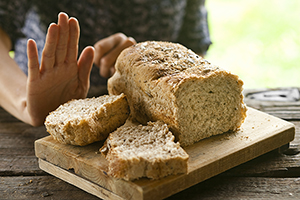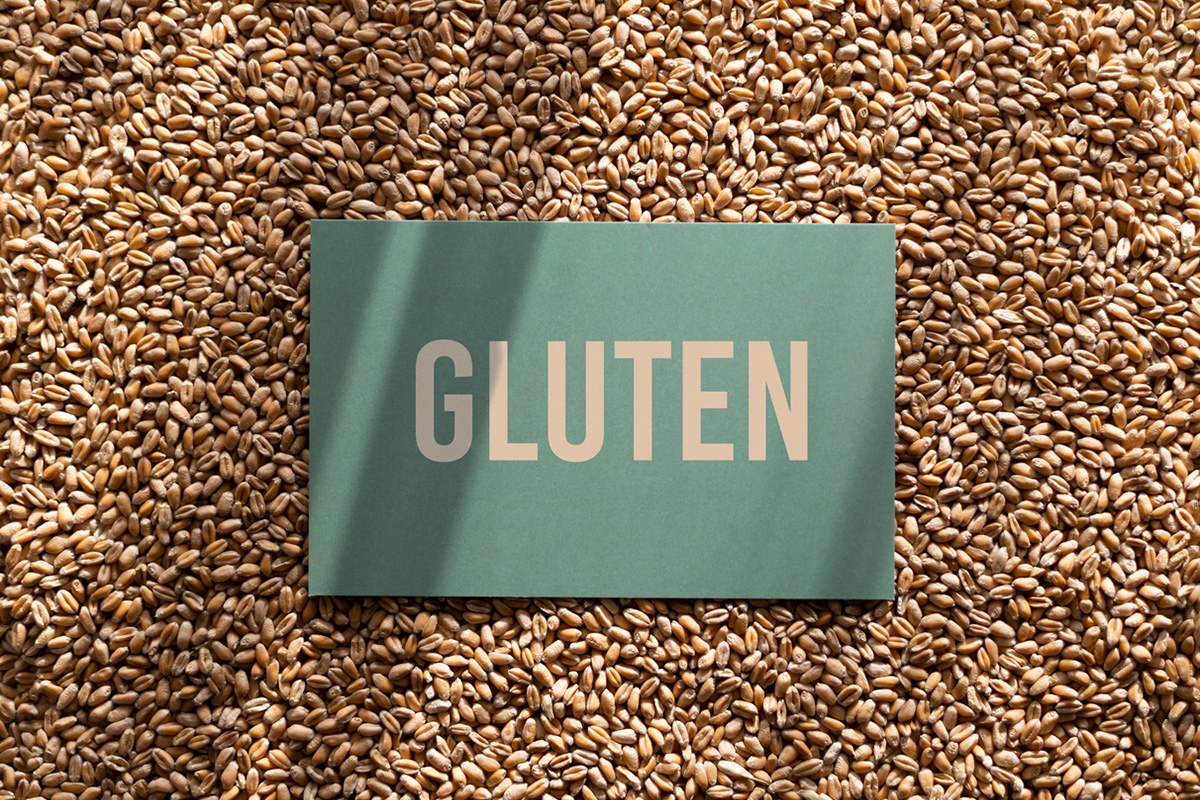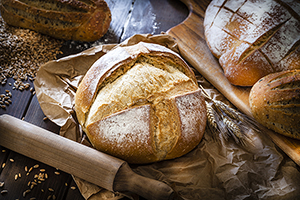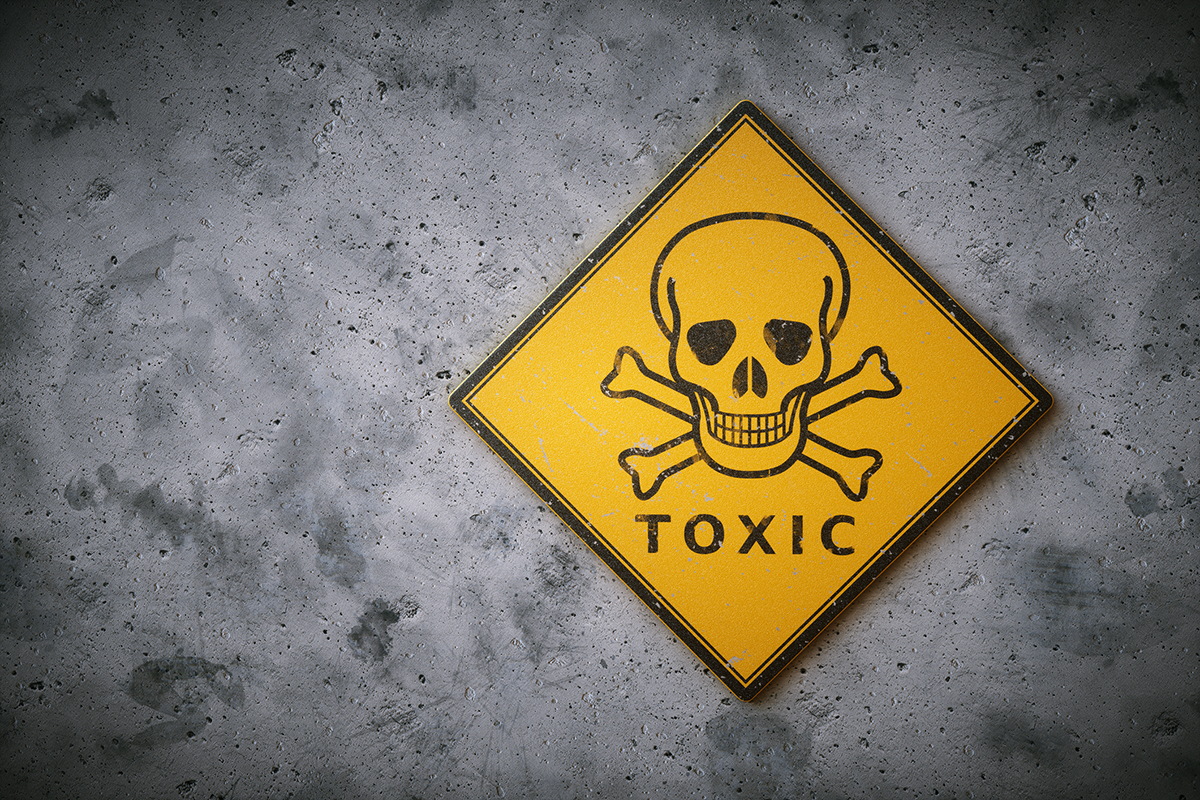Q: I hear a lot about gluten sensitivity and celiac disease these days, and gluten-free products and menus seem to be everywhere. But what’s the difference? Are they the same thing?
A: According to the American Academy of Nutrition and Dietetics, there is a spectrum of gluten-related disorders, which include celiac disease, gluten sensitivity and wheat allergy.
Celiac disease is an autoimmune disease where the small intestine is the major site of injury upon ingestion of gluten. The person with celiac disease cannot digest gluten or gluten-containing foods without damage to the small intestine. The impact of injury is not necessarily limited to the small intestine but any other target organ, such as the skin (i.e., dermatitis herpetiformis, psoriasis) or brain (i.e., ataxia, neurological disturbances, ADHD, depression and schizophrenia).
Celiac disease is one of the most underdiagnosed autoimmune disorders. In fact, other autoimmune conditions such as rheumatoid arthritis, Hashimoto’s thyroiditis and Grave’s disease among others, occur more often in those with celiac disease.
While the small bowel biopsy is the gold standard for diagnosis, many integrative practitioners agree that the presence of transglutaminase antibodies and endomysial antibodies are sufficient for diagnosis.
Gluten sensitivity is defined as nonceliac gluten intolerance. Diagnosis is determined by the presence of anti-gliadin antibodies IGG and IGA. While gluten sensitivity can cause many of the same symptoms and conditions as celiac disease, it is imperative to make the distinction and diagnose correctly.
Either diagnosis warrants strict adherence to a gluten-free diet. For those with celiac disease, this is for life and they must be vigilant about avoiding cross-contamination in food.
So, where’s the gluten?
The gluten grains include wheat, rye, barley, oats (mostly due to contamination), spelt, kamut and triticale and any foods containing these grains such as breads, bagels, pasta, muffins and cereals. But there are many other sources of gluten in non-grain-based foods and in medications, supplements, personal grooming products, even envelope glue!
To add insult to injury, the active ingredient glyphosate, in the common herbicide Roundup, appears to bind gliadin and damage gut microvilli which degrade intestinal tight junctions—causing a leaky gut. Glyphosate is commonly used as a desiccant by farmers when harvesting their wheat crops. This may explain why gluten sensitivity is on the rise!
With help from an experienced nutritionist, you can become an expert at identifying the myriad sources of gluten in foods, beverages and your close physical environment so you can successfully manage avoidance.
To your health!
Leyla Muedin, MS, RD, CDN








